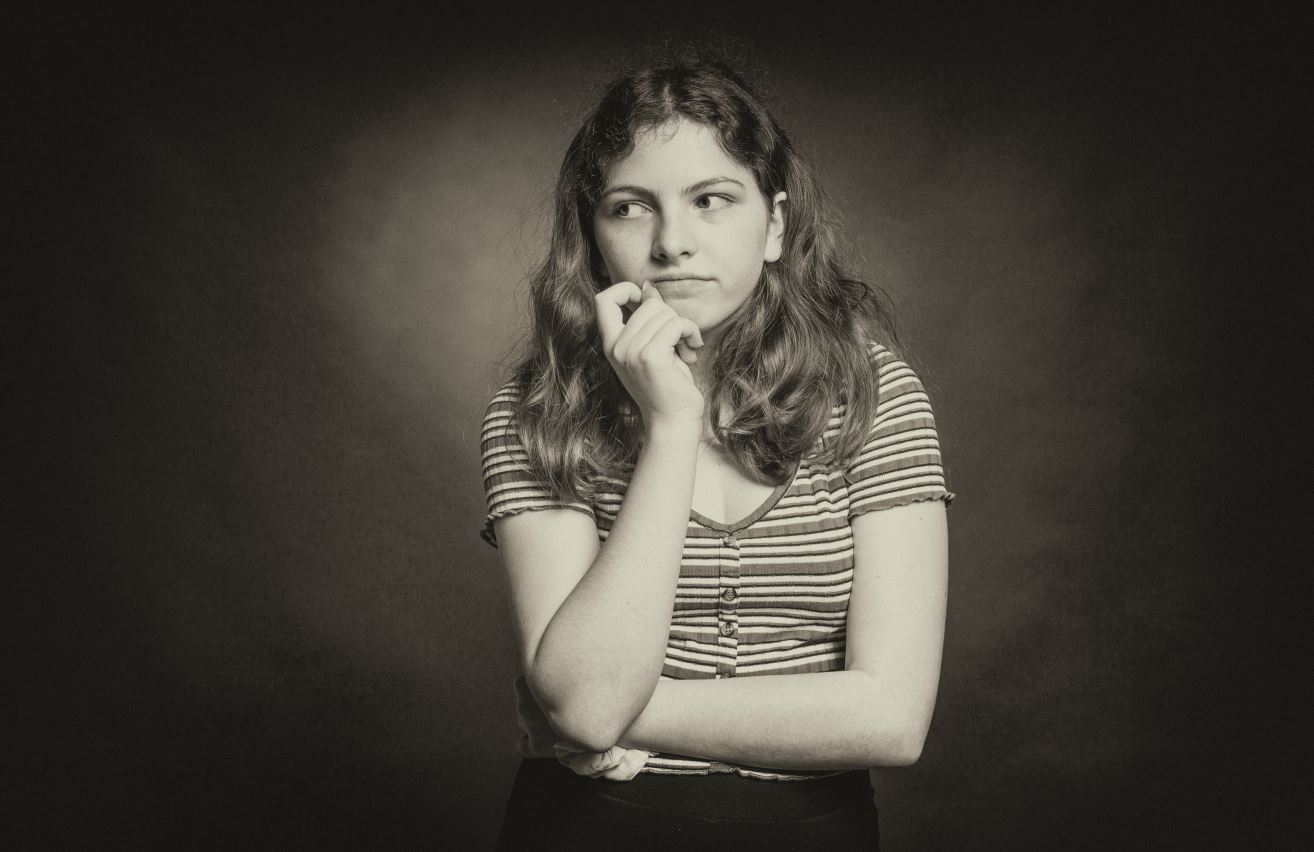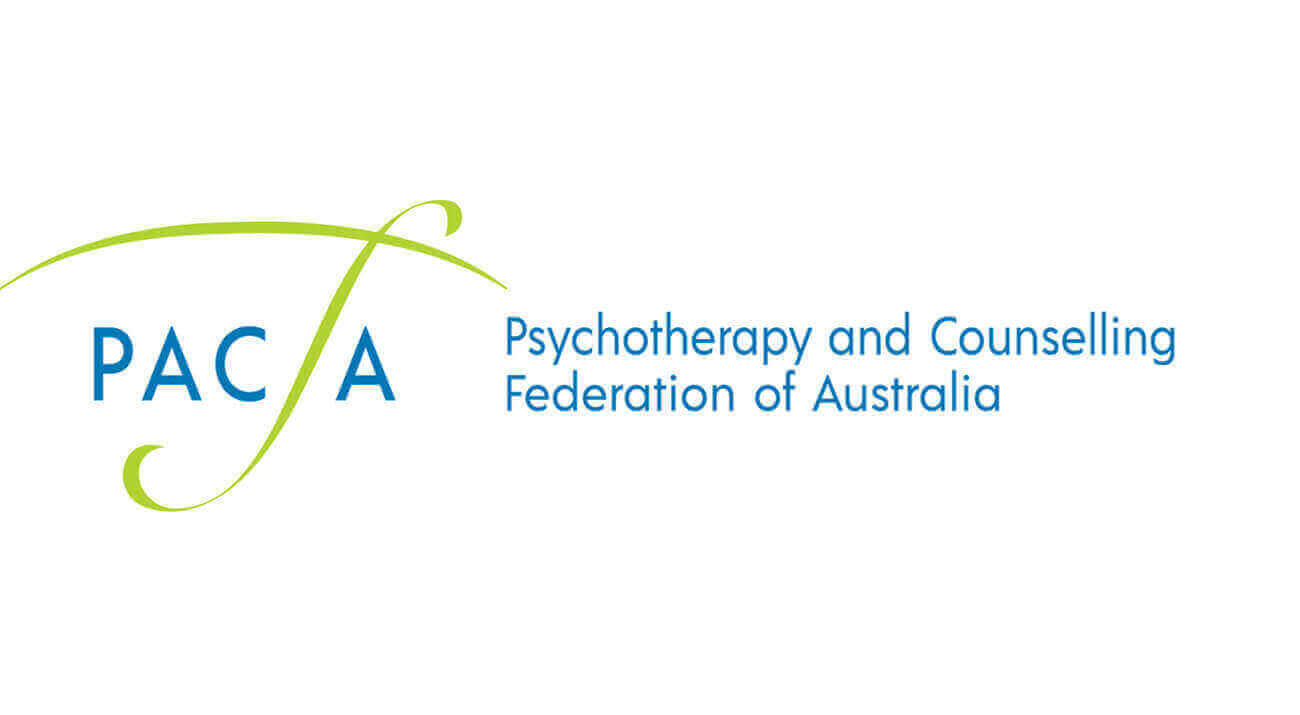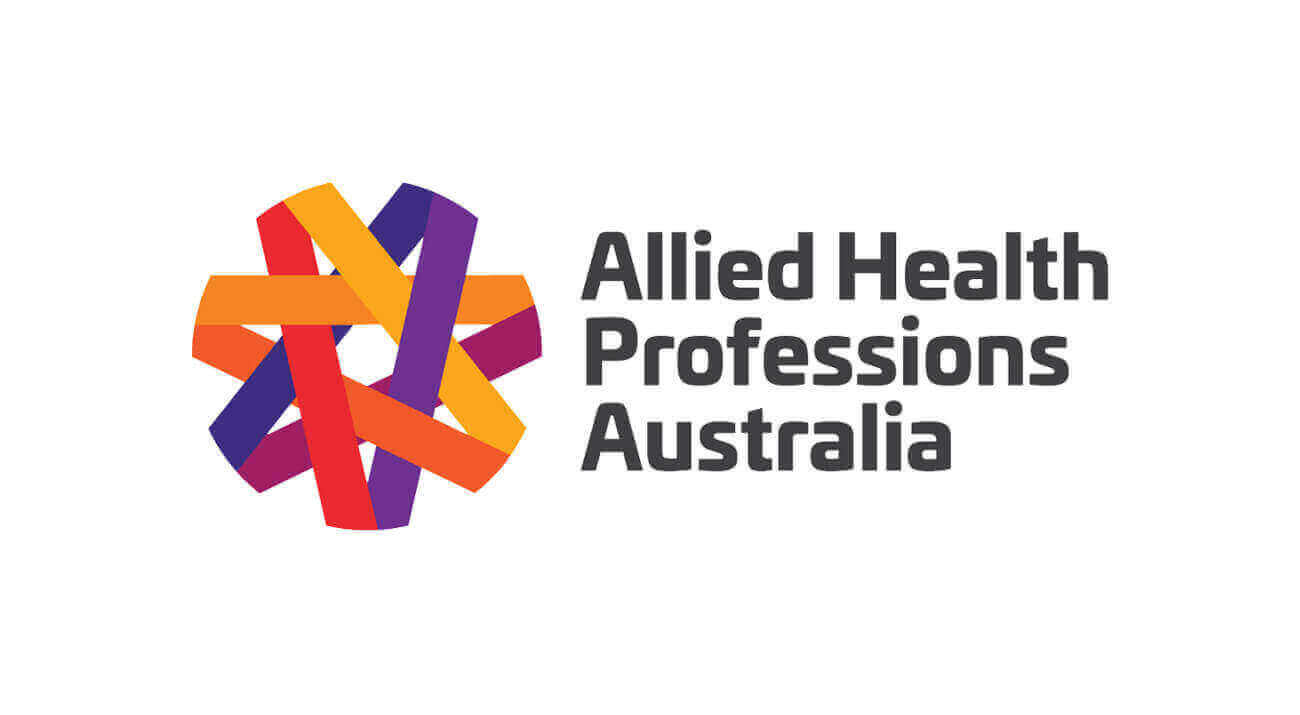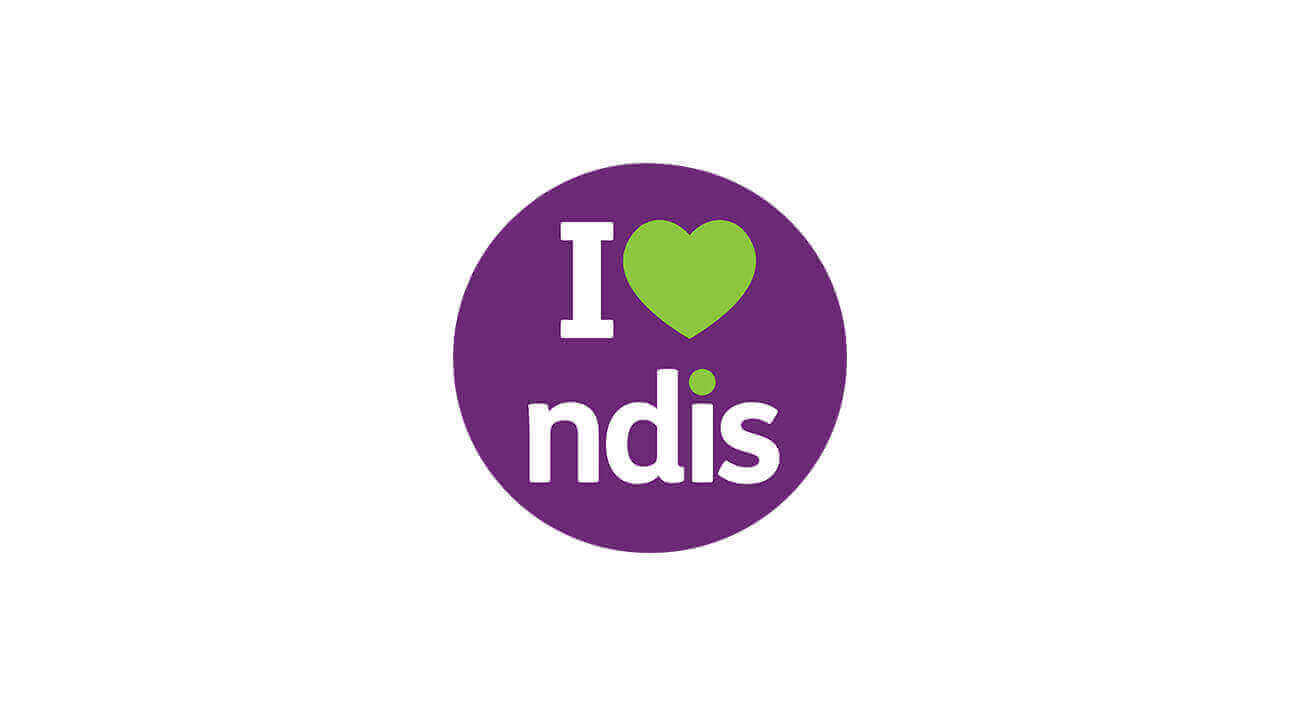What Is Anxiety?
26 June, 2024
Anxiety is a natural way for the body, both physically and mentally, to respond to stressful situations. Psychologically it manifests by increased fear, worry, and stress, and physically it can manifest in different ways. Some common physical symptoms of anxiety are shortness of breath, headache, fatigue, sweating, stomach pain, having trouble sleeping and increased heart rate.
Naturally, everyone experience anxiety from time to time for various reasons, which is often occasional anxiety. People do not need mental health treatment for occasional anxiety as the feeling eventually subsides when the stressor or the stressful situation dissipates. When this anxious feeling lingers on without any reason and keeps interfering in daily life, it is an anxiety disorder.
What Causes Anxiety?
An anxiety disorder is usually caused by a combination of smaller stressful life situations and events. It can include past trauma, a mental or physical condition, or substance abuse. It can also develop internally through excessive real/imaginative threats.
Chronic physical illness and genetics are some other factors that can contribute to an anxiety disorder. People with certain personality traits are also more prone to developing an anxiety disorder than others. In addition, ongoing stressful events, such as work stress, separation, pregnancy, relationships, abuse, adapting to changes, or a death in the family, trigger anxiety.
Types of Anxiety
Anxiety disorder is the most common mental illness in Australia, with one in seven people (14%) suffering from it every year, on average. For many people, anxiety is often accompanied by stress and depression. Some common types of anxiety are:
- Generalised Anxiety Disorder (GAD): People with GAD worry about general life circumstances, including work and health, for a prolonged time (more than six months).
- Social Anxiety Disorder: People with social anxiety have an intense fear of being judged, criticised, or humiliated during social interactions and events like eating in a restaurant or speaking in public.
- Panic Disorder: People with panic disorder suffer intense panic attacks with an overwhelming fear often combined with a range of physical symptoms like dizziness and chest pain.
- Phobias: People with specific phobias have an excessive fear of a particular object or situation and can take extraordinary measures to avoid them. For instance, fear of insects or injections.
- Obsessive-Compulsive Disorder (OCD): People with OCD have unwanted obsessive thoughts that cause anxiety and repetitive behaviours.
- Post-Traumatic Stress Disorder (PTSD): PTSD is a condition people experience after a traumatic event. Symptoms can include nightmares, flashbacks, avoiding situations which trigger anxiety, depression and an excessive reaction to any stimuli in the environment.
Getting the right help and support from a professional and reliable mental health professional can help you learn to manage anxiety.



